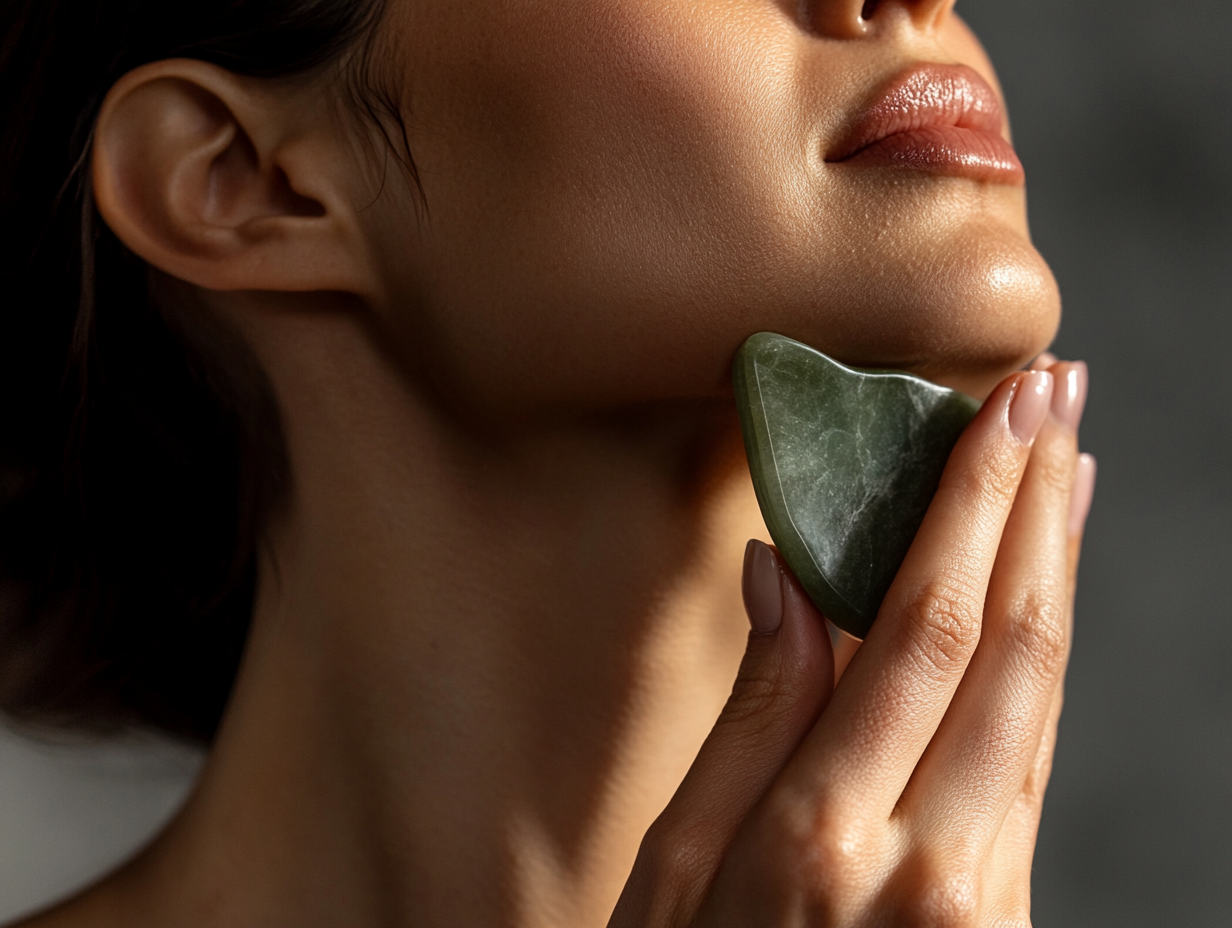The massage action of oil cleansing softens hardened plugs of sebum lodged in pores, which make them easier to remove and helps thoroughly detoxify congested pores to keep skin clear and healthy. The massage action also increases circulation and helps with lymphatic drainage, which can reduce puffiness and help keep inflammation at bay.
Alright, so oil cleansing seems to be the literal best thing for almost every skin type. Great, so should you just grab some oil from your pantry and use it?
Probably not. Again, just because something is natural and plant-based, doesn’t automatically mean it will be compatible with your skin. Many cooking oils such as coconut, sesame, and avocado oil rate high on the comedogenic scale, meaning that they are more likely to clog your pores and lead to breakouts.
Additionally, by using an expertly formulated oil cleanser, you will ensure you are using the optimal oils to balance the cleansing action with nourishing and moisturizing effects, while also ensuring you are using the right amount of astringent oils, such as castor oil, lemongrass and peppermint oil, to ensure a well rounded cleanse is achieved.
New to oil cleansing? Let Ash show you her tips and tricks in the how to video library.

Okay, okay, you get. Oil cleansing is the end-all-be-all for detoxifying pores, preventing TEWL, staving off breakouts, and removing makeup. You’re sold. I can stop writing this blog and you can start oil cleansing.
But before I go, remember this: the skin you’re in is the only one you get and it’s also the largest organ in your body. So, be mindful of the ingredients you’re putting on it. Look for cause and effect with different products, and maybe, just maybe take a minute to question your tried and trues… Is your toner drying your skin out? Is your moisturizer even necessary? Does your body wash contain questionable ingredients?
Finally, remember that perfection is relative, you can’t erase your pores, and hormones tend to rule the roost. So do your best, be kind to yourself, and don’t forget to mix a little self-care into every day.








